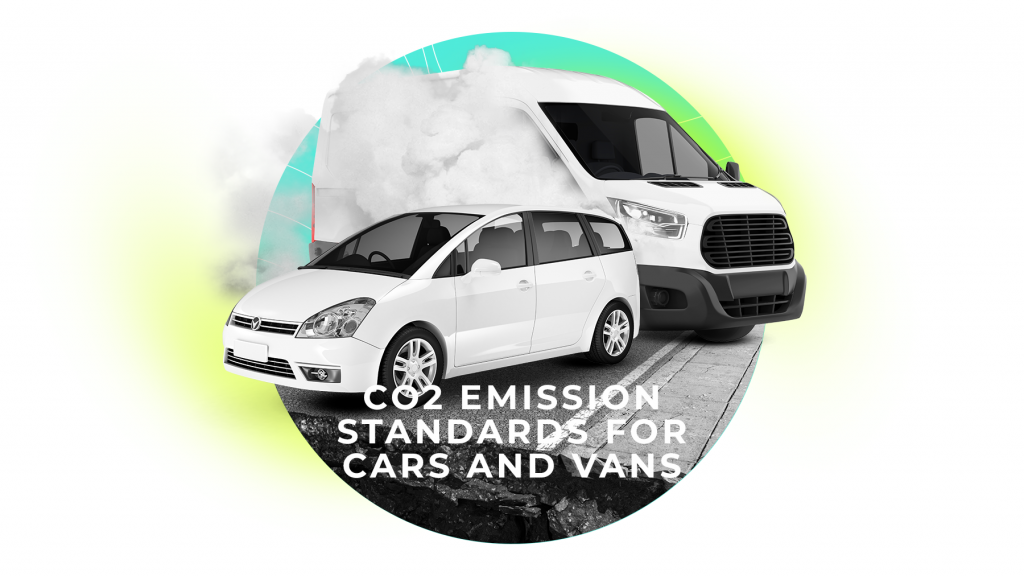To combat climate change and reduce greenhouse gas emissions, the European Union (EU) has proposed new regulations under the Fit for 55 package to revise the CO2 emission standards for cars and vans. Recognizing that cars and vans account for 15% of the EU’s total carbon dioxide emissions, these progressive targets aim to accelerate the transition to zero- and low-emission mobility. With an agreement between the Council and the European Parliament, this legislative proposal sets the stage for a greener future in the automotive industry.
Why It Matters:
The impact of cars and vans on CO2 emissions must be considered. As the main greenhouse gas responsible for climate change, reducing CO2 emissions from these vehicles is crucial in tackling environmental challenges. The proposed regulations directly address this concern, establishing emission reduction targets to contribute to a cleaner and more sustainable future.
What Will Change:
The legislative proposal introduces ambitious targets for CO2 emission reductions for cars and vans by 2030 and beyond. Notably, a groundbreaking goal of achieving a 100% reduction in emissions for new cars and vans by 2035 has been set. Starting from 2035, all newly sold cars and vans in the EU should be zero-emission vehicles.
Projected CO2 Emission Reductions:
To put these targets into perspective, let’s examine the projected reductions:
– 2021: Current limits are set at 95 g/km for cars and 147 g/km for vans.
– 2030: Proposed reduction of 55% for cars and 50% for vans compared to the 2021 targets.
– 2035: Ambitious aim for a 100% reduction in emissions for both cars and vans.
Expected Benefits:
The implementation of these regulations brings about a range of benefits for various stakeholders.
For Citizens:
– Shift towards zero-emission vehicles leads to reduced pollution and better air quality.
– Improved citizens’ health and well-being through cleaner urban environments.
For Consumers:
– Increased production and availability of zero-emission vehicles.
– More affordable models as economies of scale are achieved.
– Lower energy expenditure for consumers with the shift away from fossil fuels.
For the EU’s Automotive Industry:
– Greater innovation in zero-emission technologies.
– Enhanced technological leadership and competitiveness globally.
– Job creation in the development and manufacture of new technologies.
– The EU’s automotive industry contributes significantly to the economy, accounting for over 7% of the EU’s GDP, providing 12.7 million jobs (6.6% of all jobs in the EU), and ranking as the world’s second-largest producer of motor vehicles after China. Additionally, it represents the most extensive research and development sector in the EU.
Next Steps and Background:
The proposal received support from the Council, which adopted its general approach in June 2022. Subsequently, an agreement was reached with the European Parliament in October 2022, and the Council adopted the regulation in March 2023. These collective efforts demonstrate the EU’s commitment to combating climate change and achieving neutrality.
Conclusion:
The Fit for 55 package’s CO2 emission standards for cars and vans represent a significant milestone in the EU’s pursuit of a greener and more sustainable future. By setting progressive reduction targets and promoting zero-emission vehicles, this legislative proposal aims to mitigate the environmental impact of transportation while fostering innovation, economic growth, and improved air quality. As these regulations come into effect, we can look forward to a cleaner and more environmentally conscious automotive industry in Europe.




